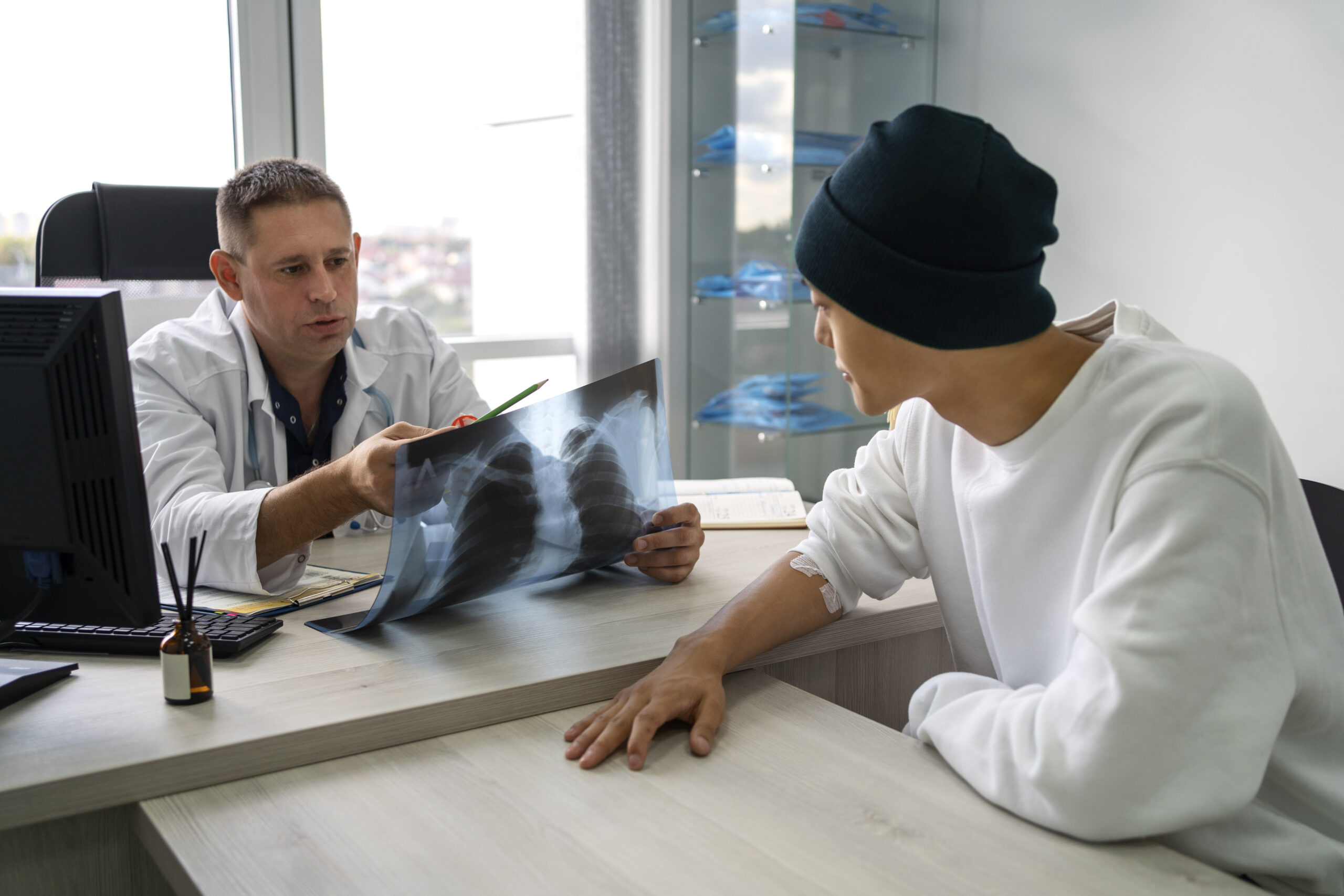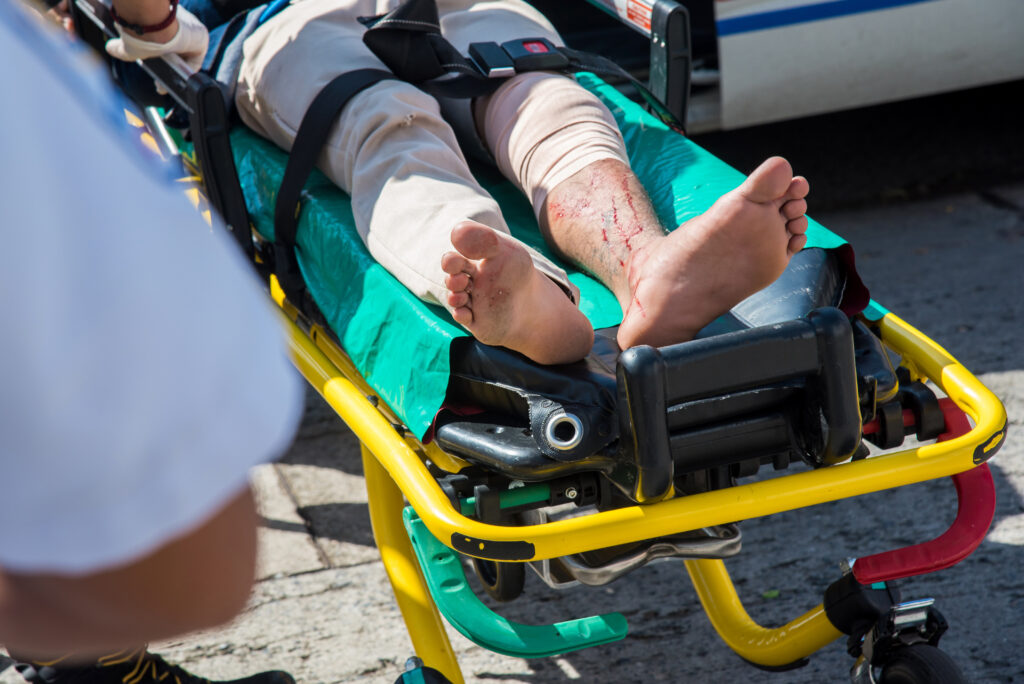
Accidents happen, but there are more serious accidents than others. Acute complicated injury is possibly a term you have heard of when you or someone you knew has been involved in a major accident or has undergone a traumatic incident. However, what does it mean, and in what way is it unlike a mere injury?
We assist patients to recover safely after experiencing any kind of trauma, including simple sprains and complicated injuries, at Avant Medical Group. This guide will outline what an acute complicated injury is, how it occurs, examples of common ones, and what can generally be done to treat it.
What Does “Acute Complicated Injury” Mean?
An acute complicated injury is an immediate, terrible injury, and it requires not only a crack or twist to the frame. It may comprise several fractures, or it may also be in the form of an open broken wound where the bone breaks through the skin, harming the muscle, tendon, nerves, or blood vessels. Patients also exhibit dislocations of the joint coupled with other tears or fractures. They damage multiple structures simultaneously, often require special treatment and a prolonged recovery, and even surgery to resolve.

How Do Acute Complicated Injuries Happen?

The damages are normally caused by high-impact accidents such as car or motorcycle accidents that may cause various or multiple fractures or nerve damage. Complex breaks and torn ligaments can occur because of contact or extreme sports. Possible breakages of bones and injuries to soft tissues may occur due to the falls in height. Vicious accidents in workplaces involving heavy machinery have the ability to make bones and muscles shatter, and the healing process and signs of improvement take longer.
Signs and Symptoms of an Acute Complicated Injury
Warning signs that an injury is something more than a mere simple break or sprain are
- Pain that is intense and severe right at the time of injury
- Exposed Bones through the skin
- Allusion to great influx of blood, or large open sores
- numbness or deprivation of sensation in the vicinity of the injured area
- Inability to move at all in the limb or joint
- Apparent deformity, swelling, or alignment
In case you have a suspected complicated injury, dial 911 and call the emergency personnel. Early care can limit the (lasting) harm and minimize the chance of infection or closure of the gagging.
How Are Acute Complicated Injuries Treated?
Depending on the severity and location of the injury, treatment usually comprises:
- Premedication or emergency care: Preventing additional harm by controlling bleeding, stabilizing bones, and managing immediate risks.
- Imaging tests: X-rays, CTs, or MRIs to assess damage to bones, nerves, or blood vessels.
- Surgery: Many complex fractures require surgery to align bones, secure fragments with screws or plates, and repair torn tendons or ligaments.
- Control of infections: Antibiotics and wound management to prevent infection in open fractures.
- Immobilization: Casts, braces, or splints to stabilize the injured area during healing.
- Physical therapy: Rebuilding motion, strength, and flexibility after initial healing.
Our staff at Avant Medical Group collaborates with approved surgeons, physical therapists, and rehabilitation experts through our Services to guide patients from emergency treatment to full recovery.
How Long Does It Take to Heal?
Acute complicated injury continues longer to heal as compared to simple injury. The process of getting recovered is affected by:
- Which joints or bones is involved
- The necessity of surgery Was present or not
- The degree of the destruction as well as soft tissue damage
- The quality of your pursuit of your treatment and rehab plan
Mild cases can take some months to heal, and extreme cases can take a year or even more. The movement should be restored, and feelings of stiffness or weakness should be avoided, which brings about the need to have physical therapy.
Tips for Preventing Complicated Injuries
Although accidents are somehow inevitable, to reduce your risk, you should:
- The use of seat belts and helmets in driving or riding a bike or motorcycle.
- Wearing the right safety equipment when playing sports.
- Adhering to safety regulations at work, particularly where you have to deal with machinery or work at high locations.
- Being physically strong and sound to have a good balance and flexibility to prevent falls in case of an accident.
Conclusion
An acute complicated injury is not merely a sprain or break but a serious, sudden injury accompanied by damages like open wounds, nerve damage, or multiple fractures. These injuries require urgent specialist treatment and careful handling for adequate recovery.
Serious injuries should not be delayed, whether for you or a loved one. The team at Avant Medical Group provides personalized Services for treatment and rehabilitation, ensuring safe, complete recovery. Explore our Medical News for more insights on injury care.
Don’t let an acute complicated injury derail your recovery! Trust Avant Medical Group for expert treatment and personalized rehabilitation. Contact us today to start your journey to full recovery!
Frequently Asked Questions (FAQs)
Answer: A simple fracture is a clean break without other damage. A complex fracture may break the skin or injure nerves, blood vessels, or surrounding tissues.
Answer: Not always, but many do. Severe fractures, open wounds, or nerve injuries often require surgical repair for proper healing.
Answer: Healing time varies greatly; some can heal quickly in several months, while others take as long as one full year with physical therapy.
Answer: Many people recover well from an acute complex injury with early treatment, surgery if necessary, and a good rehab program in place. Some injuries may result in minor residual long-term effects.
Answer: You want to seek medical attention as soon as possible! If you see bone, have severe pain, can’t move the limb, or have excessive bleeding…go to the emergency room or urgent care as soon as possible.
